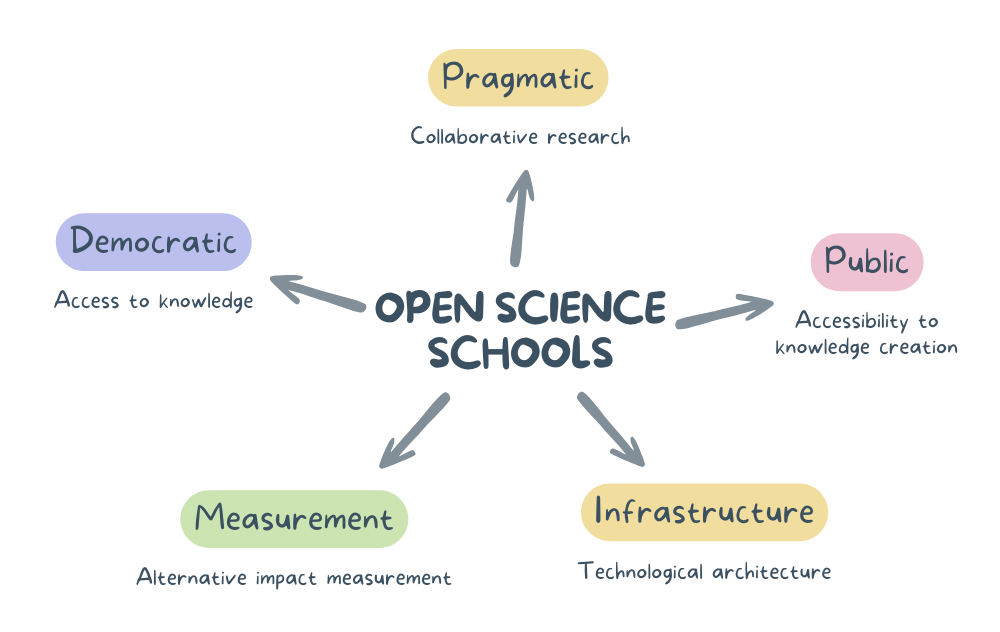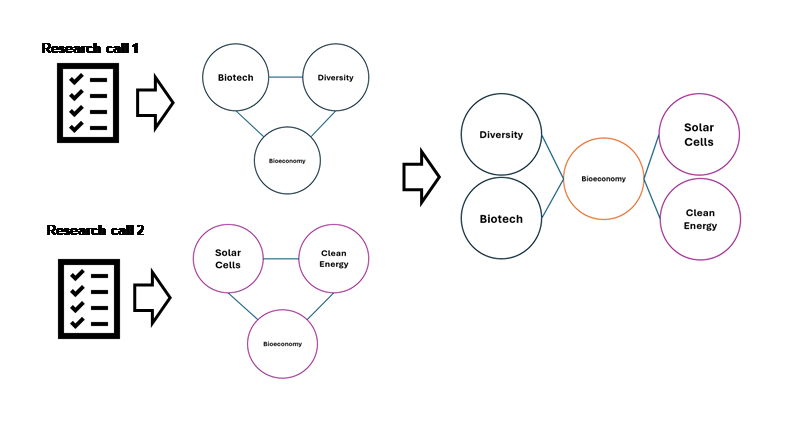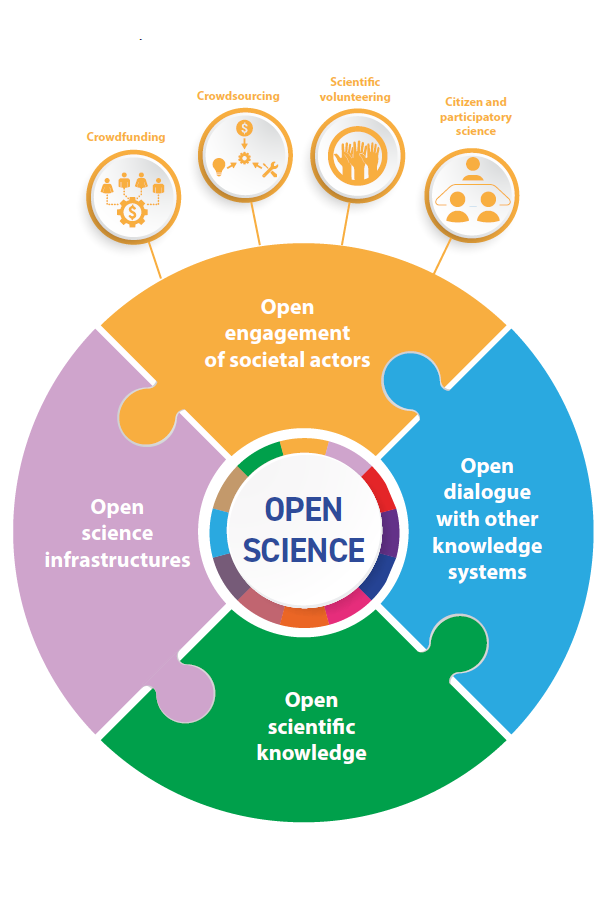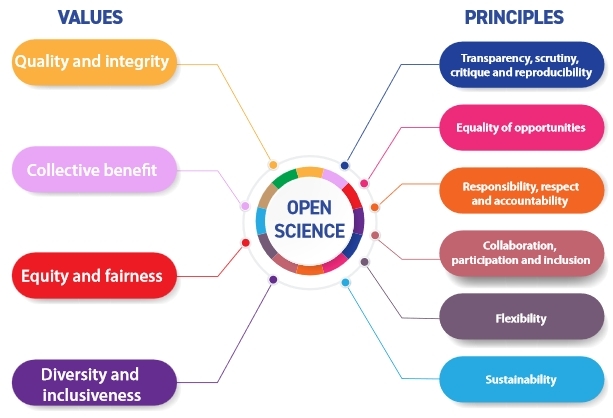
The Barcelona Declaration: a call for openness… but also for diversity and inclusion The launch of the Barcelona Declaration last week aims to mobilise the global research community towards making research information open and accessible.

The Barcelona Declaration: a call for openness… but also for diversity and inclusion The launch of the Barcelona Declaration last week aims to mobilise the global research community towards making research information open and accessible.

Open Science at CWTS in retrospect Leiden University sees Open Science (OS) as a key element on the path towards making greater scientific and societal impact and fostering research quality and integrity.
What reforms in how we assess and value research are necessary to better equip public science systems for the existential challenges of the 21st century? How can we understand and tackle issues such as inequitable access to scientific literature, increasing strain on peer review systems, and publisher oligopolies?

Imagine national science policy as a musical chair game. The contestants are the science system actors, such as researchers, research groups, universities, companies, among others. Some actors can have more expertise dancing at the rhythm of salsa than hip-hop, while others might be more agile in finding a seat when the music pauses. The government plays or pauses the music, modulates its speed or changes the genre.
Scholarly book evaluation often prioritises ‘prestige’, which leads to inconsistent and unfair outcomes. My previous research shows that such systems consider neither the intrinsic quality of the research nor the accessibility of the work itself.

Studies on transdisciplinary research often focus on how different forms of expertise are brought together to build robust knowledge. However, in policy and legal affairs, there are many situations in which it is not possible to use new transdisciplinary knowledge due to contextual factors, such as urgency, political expediency, or lack of resources.

Throughout a recent series of blog posts, we have been introducing the CWTS knowledge agenda for 2023-2028, which is divided into three new focal areas to organise our activities on specific themes.

A value-led perspective on Open Science In 2021, UNESCO approved its Recommendation on Open Science (OS). By signing this recommendation, 193 countries made a commitment to support the development of OS with a vision of science as a global public good.
When the Shanghai Ranking, also known as the Academic Ranking of World Universities (ARWU), was launched in 2003, Ton van Raan, director of CWTS at the time, sounded the alarm about the problematic way in which the ranking uses bibliometric data, for instance in attributing publications to universities.
The need to increase the transparency of university rankings is widely recognized, for instance in the ten rules for ranking universities that we published in 2017, in the work done by the INORMS Research Evaluation Working Group, and also in a recent report by a Dutch expert group on university rankings (co-authored by one of us). It is therefore not surprising that the announcement of the Open Edition of the CWTS Leiden Ranking in 2023 got